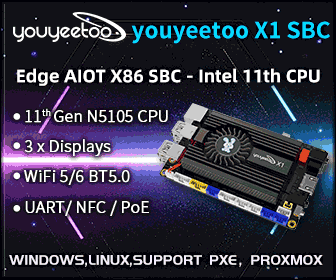TI SimpleLink GPS CC4000 Enables GPS For MCUs
Yesterday, Texas Instruments unveiled the SimpleLink GPS CC4000, a GPS self-contained module that can be interfaced with any MCU or MPU having a UART interface. Due to limited resources of microcontrollers, several GPS features have been implemented in hardware such as the push-to-fix function which can simply be controlled by the MCU via a GPIO to receive National Marena Electronics Association (NMEA) strings containing location, time and velocity information. TI Simplelink GPS CC4000 enables GPS-based applications such as asset tracking, industrial M2M, sports and fitness, and precision timing. It can deliver better than 2.5 meter accuracy and provides pulse-per-second output functions to provide precise location and timing data. It can also automatically reuse previously decoded satellite information thanks to its “watchful-eye” feature in order to deliver fast time to first fix (TTFF) and optimize power consumption. Here are SimpleLink GPS CC4000 key features: Driverless, fully integrated GPS solution which requires […]





